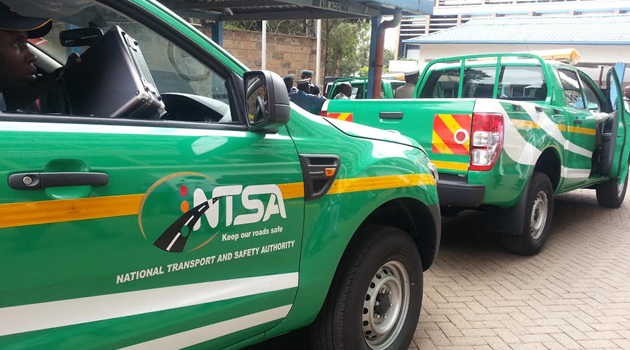
Kenya’s history of road safety regulations is not only questionable but also painful to survivors, families of victims and the country as a whole. In the 2013 Global Status Report on Road Safety, the World Health Organisation estimated that Kenya lost between 3,000 and 13,000 people in road crashes every year.
Department in June this year showed that by the end of May, 1,279 Kenyans had died in road accidents.“Nearly one-third of deaths are passengers – many of whom are killed in unsafe forms of public transportation,” WHO stated. Since 2013, the Government has been trying to make public transport safer through regulating night travel for public service vehicles. The on-and-off control measure has failed, in part, due to opposition from stakeholders. On December 17, 2013, confronted by increasing road accidents, the Government, gazetted new rules for long-distance PSVs operating at night. The gazette notice became effective on December 24. Stay informed while on the go by subscribing to the Standard Group SMS service.
But before that, on August 29, 2013, a road crash in Ntulele, Narok County, left 40 people dead, intensifying pressure on the Government to enforce harsher rules, which paved the way for the ban on night travel for PSVs. With the ban, PSVs could only operate between 6am and 6pm, and had to fulfil certain conditions to get licences permitting them to travel at night. These included a requirement that drivers do not drive for more than eight hours and that each PSV must have two drivers certified by the National Transport and Safety Authority (NTSA).

But PSV operators opposed the new rules, faulting then Transport Cabinet Secretary Michael Kamau and the traffic police boss at the time for failing to consult them before instituting the regulations. The operators said the measure had affected their operations and revenues. On March 14, 2014, High Court judge George Odunga ruled that a total ban on night transport was illegal as it went against Kenyans’ right to freedom of movement. Confusion ensued in the wake of the judgement, with the CS insisting that the ban was still effective. He said the judge had only told stakeholders to engage in further consultations.
Mr Kamau was referring to Justice Odunga’s proclamation that the relevant transport authorities should formulate proper legislation to regulate PSV night travel within 60 days. Kamau revealed that the regulations had yielded fruit, with road accident deaths reducing by 20 per cent. On June 9, 2014, he went on to lift the ban for seven companies – Easy Coach, Eldoret Sacco, North Rift, Mash, Modern Coast, Guardian and Transline. In April 2015, NTSA suspended the licences of Mololine Services, Nairobi Friends Travellers Sacco and 2TS Sacco for failing to meet night travel requirements. Passenger records A

Francis Meja, NTSA’s director general, said the companies neither complied with speed limits nor kept passenger records, which were requirements PSVs operating at night had to fulfil. After the December 2017 accident that killed 36 people in Migaa, near Salgaa, NTSA reintroduced the night travel ban, requiring PSVs to operate between 6am and 7pm. In January this year, Justice Chacha Mwita temporarily suspended the ban after activist Okiya Omtatah went to court, arguing the ban violated the law. In February, the ban was selectively revoked, dictated by the safety and compliance record of PSVs and PSV companies. Government officials say the night travel bans have significantly lowered accidents but other stakeholders, including PSV operators, believe the Government can formulate better long-term road safety solutions without disrupting their operations.